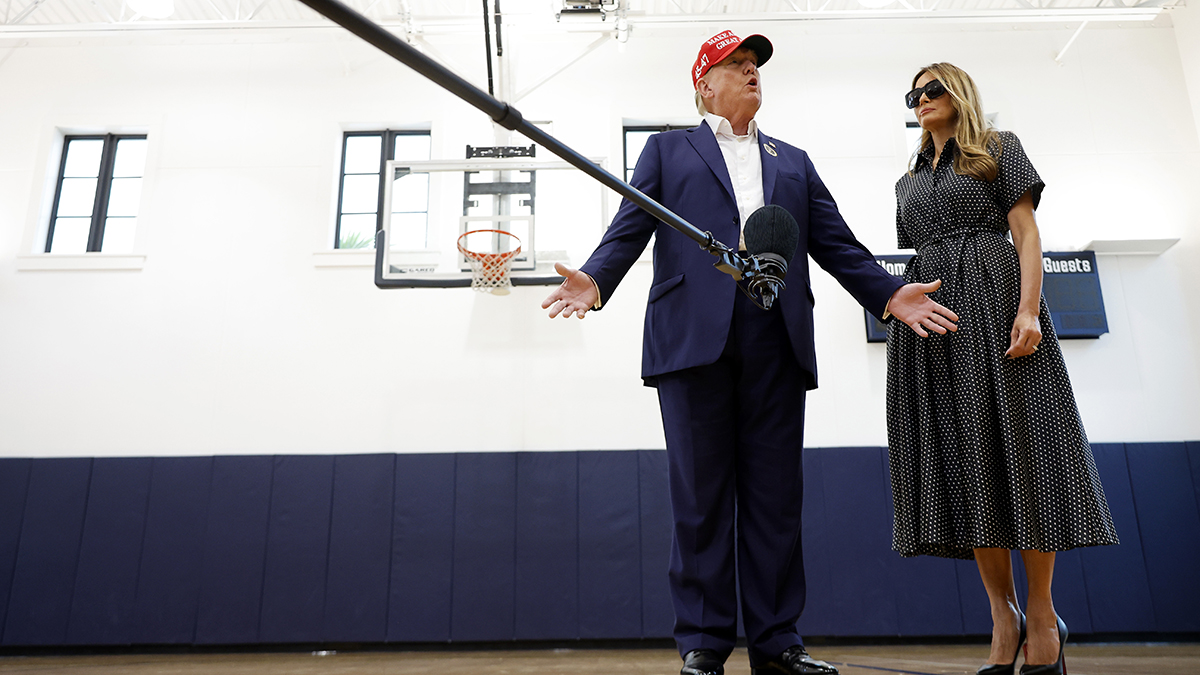Wildlife officials are calling Florida's annual public python hunt a huge success with 106 snakes removed from Everglades National Park.
Top "2016 Python Challenge" prizes went to a team led by team captain Bill Booth. Booth's team took the top spot for most pythons caught by a single team with 33 pythons. Their team received a grand prize of $5,000.
His team also took home top honors for catching the longest python - a 15 footer - for which they won a $3,000 cash prize.
In the individual category, Daniel Moniz won $3,500 for catching the most pythons by an individual at 13 snakes caught.
Moniz also won $1,000 for the longest python caught by an individual - a 13-foot, 8.7-inch long snake.
More than 1,000 people from 29 states registered to take part in the month-long competition to remove Burmese pythons from the Everglades ecosystem.
Local
“We are pleased with the success of this year’s Python Challenge,” said FWC Commissioner Ron Bergeron in a statement. “Each python that is removed makes a difference for our native wildlife, and the increased public awareness will help us keep people involved as we continue managing invasive species in Florida.”
All participants had to first complete an online training module, and more than 500 people attended in-person training's where they learned how to identify, locate and safely and humanely catch the pythons.
NBC 6 anchor Keith Jones went through the training and walked away with a few battle scars after a 9-foot python caught him mid-capture, sinking his fangs into Jones' hand.
When asked if it hurt, Jones replied "not at all" as he continued to bag the snake.
There are no known native predators to the Burmese python, which contributes to an imbalance in the ecosystem in the Florida Everglades. The snakes are known to prey on other native species, including snakes, birds, reptiles and mammals.
All pythons turned in at Python Challenge drop off locations were humanely killed if brought in alive, according to Florida Fish and Wildlife Conservation Commission spokeswoman Carli Segelson. Competition rules instructed participants on how to humanely transport the snakes.
Scientists will study the carcasses of the pythons for research.
For more information, visit the Florida Fish and Wildlife Conservation Commission.



